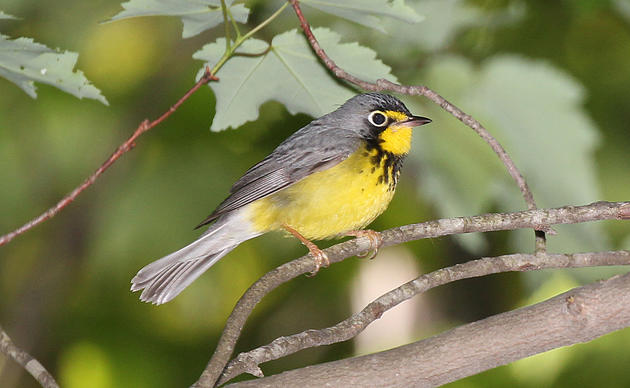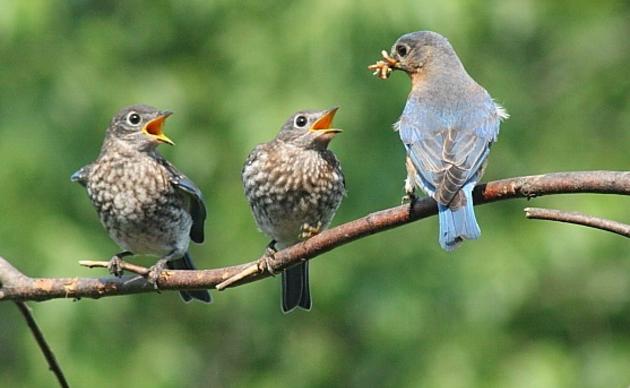A new project that assesses the impacts of deer densities to plant growth has been launched by Cornell University, NYSDEC, and SUNY College of Environmental Science and Forestry. Assess Vegetation for Impacts from Deer (AVID) involves monitoring spring wildflowers and small trees on an annual basis to measure how deer browsing may impact plant growth, the concern being that very high deer densities may be negatively affecting forest regeneration, health, and habitat. AVID is volunteer based and monitoring and data collection can take place on your own property or on public land, such as a park, as long as the location meets the criteria included in the protocols that the program provides. The data collected can be submitted online or through a smart phone app, and will contribute to how deer management objectives are determined throughout the state.
Saw Mill River Audubon Society recently hosted an AVID workshop in the Hudson valley, in partnership with Teatown Lake Reservation and trainers from Cornell Cooperative Extension, Cornell Department of Natural Resources. Two high school students in attendance plan to help Saw Mill River Audubon chapter set-up AVID plots in two of their sanctuaries this summer. One student will be tracking plots over the next three years as part of his science research study. To learn more about Saw Mill River Audubon and their work, click here.

By Audubon New York
Help Us Protect New York's Forests
Covering nearly 400 million acres, eastern forests create one of the most dynamic environments in the world.




